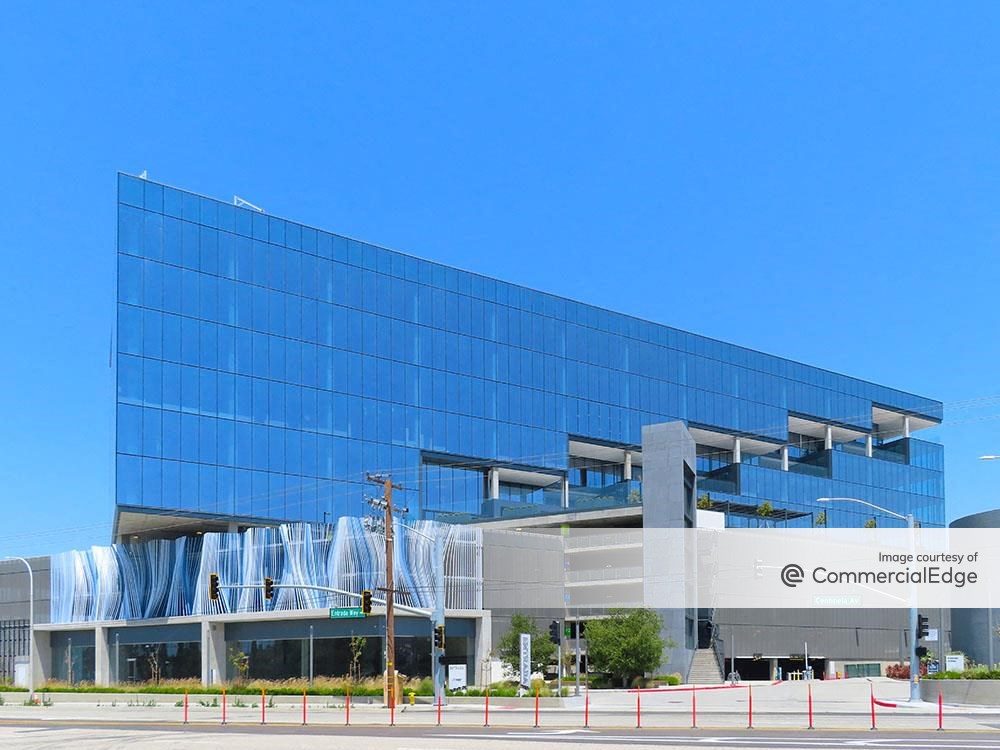How the $25B Kroger-Albertsons Merger Could Impact CRE
Experts weigh in on the implications of the blockbuster grocery chain deal.
In light of the proposed blockbuster merger between Kroger and Albertsons Cos. Inc., real estate executives are pondering what the implications could be for general real estate, as well as grocery-anchored retail stores.
Despite the expansion of e-commerce during the pandemic, grocery-anchored shopping centers are not anticipated to see a decrease in demand. According to Forbes, the largest share of sales for any retail property type in 2021 was U.S. grocery-anchored retail. With a combined value of $13 billion, 722 assets traded. While increased costs of capital have generally slowed deals, investor demand for grocery-anchored shopping centers is the highest it has been since the mid-2000s, according to Wealth Management.com.
Spinco stores
Kroger and Albertsons Cos., two of the largest national grocery companies, have entered into a definitive merger agreement. Depending on the outcome of the divestiture process, Albertsons Cos. may establish a subsidiary of Spinco locations. Reports are noting that assuming the merger is completed, anywhere from 175 to 300 stores could be spun off into Spinco.
Spinco locations will depend on the Kroger and Albertsons Cos.’ transaction teams assessment of location, competition, demographics and profitability. Stores left out of the merger could continue to operate as normal under a separate entity, according to Daniel Taub, national director of the retail and net lease division at Marcus & Millichap. “Conversely, these stores could be sold off to other grocery chains (national/regional and or specialty in nature), or to another non-retail user/industry entirely,” Taub told Commercial Property Executive.
From a general real estate perspective, Naveen Jaggi, president of Retail Advisory Service at JLL, says that there could be large upsides to the announced merger and Spinco store locations.
“One of the biggest upsides to this announced merger is the likeliness of a number of large boxes coming to the market because there will be some redundancy on locations,” Jaggi told CPE.
Jaggi continued to say that there is a shortage of quality space on the market in the country today. Many retailers in the mid-box space do not have quality space available for the coming years. These retailers that are in need of locations, but cannot access it due to a slowing down of new developments, could largely benefit from the new inventory brought onto the market.
Potential Spinco stores have been theorized to be located around regions in the South and Midwest, where the grocery companies already have a large amount of overlap. Kroger is dominant in the Midwest, while a fair number of locations for both companies are located in the Southwest and Texas.
Kroger furthering expansion
In terms of new locations for Kroger and Albertsons, Jaggi does not believe that the companies will soon be focused on expanding. “Growth is obviously important, but they will have to go through a process of probably between 18 and 24 months to see how the consumer pivots,” said Jaggi.
While Jaggi does not believe the merger will create a loss of costumers, he does believe that other grocery chains will be closely watching new pricing to see if they can grab some more market share as a result.
Conversely to Jaggi, Taub said he could see Kroger potentially expanding its footprint post-merger: “Kroger has a successful prior history of acquiring other regional chains so I could certainly foresee new locations post-merger. This allows Kroger, (and now Albertsons/Spinco) to further enhance their customer experience through data collection, creating better services for the consumer as they look to set themselves apart when it comes to grocery and grocery-related products.”
REITs on the merger
Generally, there is consensus among real estate experts that this merger agreement highlights the strength of the grocery-anchored retail center. Taub noted that, from the perspective of shopping center owners and publicly traded REITs with grocery-anchored retail portfolios, the grocery market is proving profitable despite being a low margin business.
“You [REITs and shopping center owners] would continue to monitor and evaluate the potential exposure associated with the grocery-anchored shopping center but it would be reassuring that the interest level and dedication to these assets is remaining high, whether that means they remain as grocery store anchors, or veer off into other directions,” Taub told CPE. “The flexibility and additional opportunities that this merger will potentially create should be considered a positive.”
With a diverse and multifaceted portfolio, risks for those with grocery-anchored retail centers in their portfolio can be mitigated. “Shopping center REITs rated by Fitch have diversified their portfolios in order to withstand outsized risks from any single tenant. That said, consolidation will continue to be at the top of the headache list for the foreseeable future,” said Chris Wimmer, senior director at Fitch Ratings.
Potential merger details
The terms of the merger agreement state that Kroger will acquire all outstanding shares of Albertsons Cos. common and preferred stock. With an estimated consideration of $34.10 per share, the enterprise value is some $24.6 billion including the assumption of $4.7 billion in Albertsons Cos. net debt.
Kroger plans to invest another $1.3 billion into acquired store locations on top of a $500 million investment to lower prices and $1 billion to continue raising wages.
To fund the deal, Kroger has secured $17.4 billion in bridge financing from Citi and Wells Fargo. The new debt financing will be paired with cash on hand.
Located across 48 states and the District of Columbia, Kroger and Albertsons Cos. have a total of 4,996 stores, 66 distribution centers and 52 manufacturing facilities. The companies employ more than 710,000 people. Kroger opened a new 350,000 square foot fulfillment center in Dallas earlier this year, with new facilities on the way nationwide.
The merger deal is set to close in early 2024.








You must be logged in to post a comment.